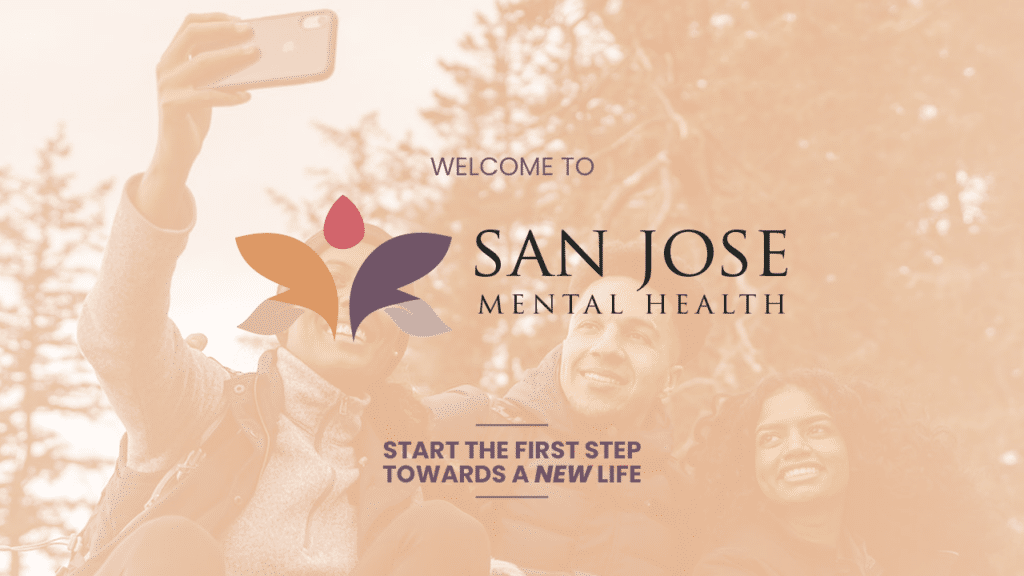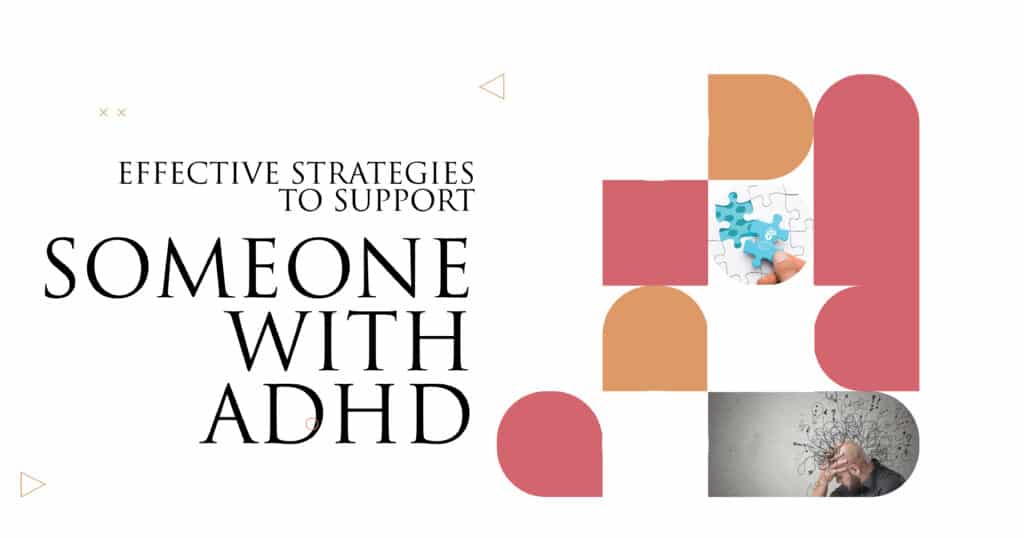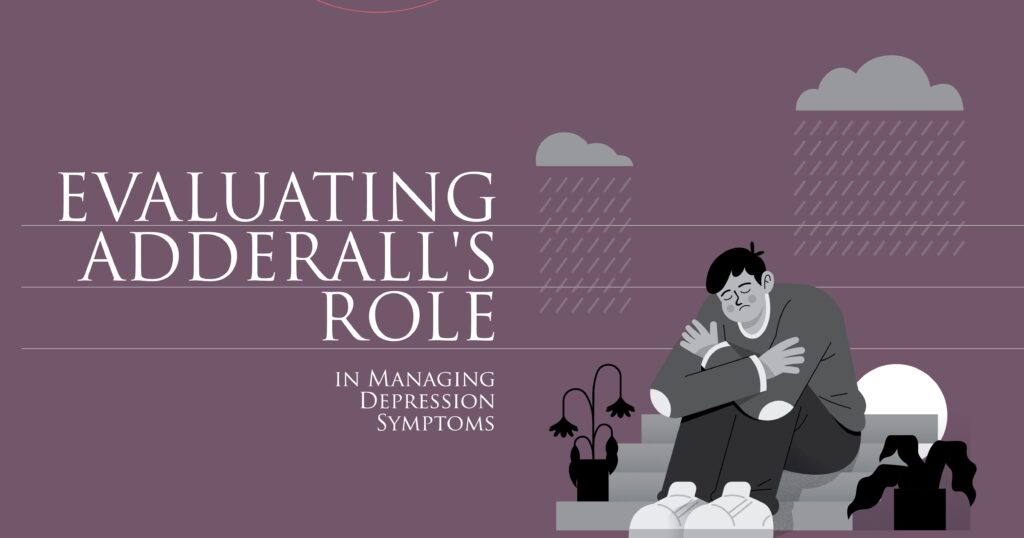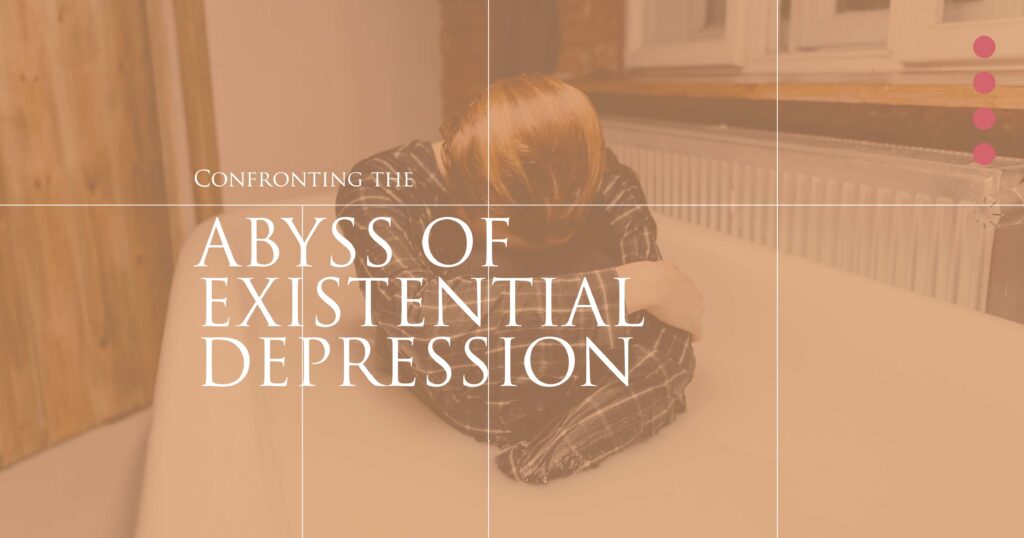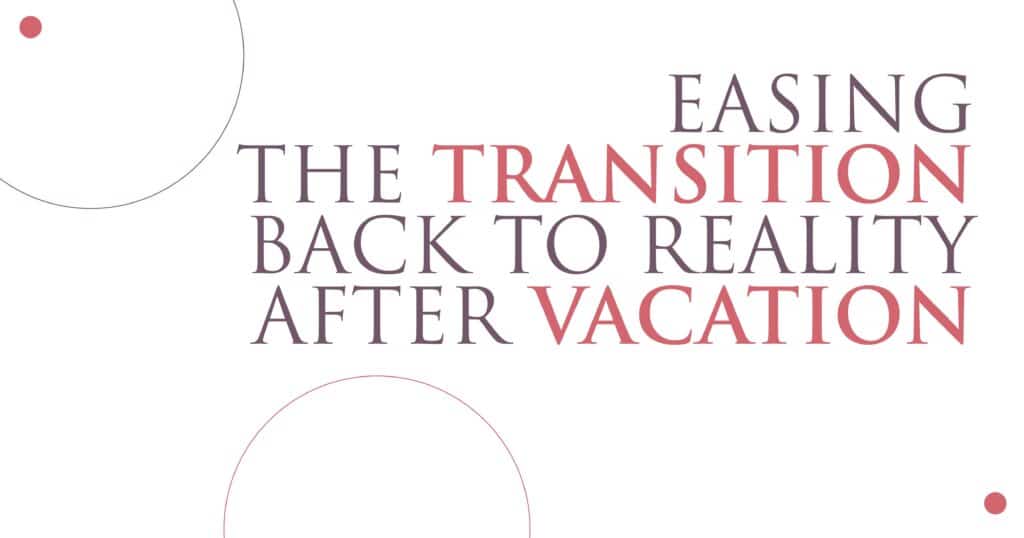Attention-Deficit/Hyperactivity Disorder (ADHD) affects millions of people worldwide, influencing focus, organization, time management, and emotional regulation. Whether you’re a parent, partner, friend, or colleague, knowing how to help someone with ADHD can make a tremendous difference in their daily life and long-term success.
Supporting an individual with ADHD requires patience, understanding, and practical strategies that address both challenges and strengths. By creating the right environment, using effective communication, and accessing helpful resources, you can provide guidance that empowers rather than frustrates.
Recognizing Signs and Symptoms of ADHD
Before offering effective support, it’s important to understand the common signs and symptoms of ADHD. While every individual’s experience is unique, ADHD generally falls into three types: inattentive, hyperactive-impulsive, or combined presentation.
Possible symptoms include:
- Difficulty focusing on tasks or sustaining attention.
- Frequent daydreaming or distractibility.
- Impulsivity, such as interrupting conversations or making quick decisions without considering consequences.
- Restlessness, fidgeting, or difficulty sitting still.
- Challenges with organization, time management, and completing tasks.
- Forgetfulness in daily activities.
San Jose Mental Health
Creating a Supportive Environment for Individuals with ADHD
A supportive environment can make managing ADHD more achievable and less stressful. People with ADHD often thrive in settings that are structured, predictable, and free of unnecessary distractions.
Ways to create such an environment include:
- Minimizing clutter in work or study spaces to reduce distractions.
- Establishing consistent routines for daily activities, such as waking up, mealtimes, and bedtime.
- Breaking tasks into smaller steps makes them less overwhelming.
- Using visual aids like calendars, to-do lists, or color-coded reminders to reinforce structure.
Communication and Coping Strategies for ADHD Support
Clear, respectful communication combined with practical coping tools can make a significant difference in supporting someone with ADHD. Because distractions, impulsivity, and forgetfulness can easily lead to misunderstandings or frustration, communication should be intentional, supportive, and paired with strategies that promote focus and productivity. The goal is to convey information effectively and equip the individual with techniques they can use daily to manage challenges and build confidence.
These are effective communication & coping strategies for ADHD Support:
| Strategy Type | Technique | Description | Key Benefit |
| Communication | Use direct, concise language | Give clear instructions instead of vague or multi-step directions to avoid confusion. | Improves understanding and reduces errors. |
| Communication | Maintain eye contact | Helps ensure the person is engaged and fully processing what’s being said. | Strengthens connection and attention. |
| Communication | Avoid criticism without solutions | Frame feedback constructively and suggest actionable next steps. | Builds trust and encourages positive change. |
| Coping Mechanism | Timers and alarms | Set alerts for deadlines, breaks, and task transitions. | Improves time management and task completion. |
| Coping Mechanism | Mindfulness practices | Use meditation, breathing exercises, or grounding techniques to stay present. | Enhances focus and reduces impulsivity. |
| Coping Mechanism | Exercise routines | Engage in regular physical activity to release excess energy. | Boosts concentration and overall mood. |
| Coping Mechanism | Positive self-talk | Replace negative inner dialogue with encouraging, solution-focused statements. | Builds self-esteem and resilience. |
Helpful ADHD Coping Mechanisms and Strategies
Daily life with ADHD can be challenging, but consistent use of coping mechanisms can greatly improve productivity and emotional well-being.
Some practical strategies include:
- Timers and alarms to stay on track with tasks or transitions.
- Chunking work into manageable segments with breaks in between.
- Mindfulness practices to enhance focus and reduce impulsivity.
- Exercise routines to channel restlessness and boost concentration.
- Positive self-talk to counter frustration and build confidence.
San Jose Mental Health
Resources and Tools for Managing ADHD Challenges
There are numerous resources available to assist in managing ADHD, ranging from apps to educational programs. Selecting the right tools can make symptom management more effective and less overwhelming.
Some useful resources include:
- Digital productivity apps like Trello, Todoist, or Notion for organization and task tracking.
- Time management tools such as the Pomodoro Technique to structure work sessions.
- Support groups – both in-person and online – for shared experiences and encouragement.
- Educational materials from trusted organizations like CHADD (Children and Adults with Attention-Deficit/Hyperactivity Disorder).
Exploring Treatment Options for ADHD
Treatment for ADHD often involves a combination of medication, therapy, and lifestyle adjustments. The right approach depends on individual needs, preferences, and medical history.
Common treatment options include:
- Stimulant medications (e.g., methylphenidate, amphetamines) help improve focus and reduce impulsivity.
- Non-stimulant medications for individuals who don’t respond well to stimulants or have specific health concerns.
- Behavioral therapy to develop coping strategies and improve organization.
- Psychoeducation to increase understanding of ADHD for both the individual and their support network.
Providing Ongoing ADHD Guidance and Assistance
Supporting someone with ADHD is an ongoing process – it’s not just about offering help during times of struggle but also encouraging their strengths and celebrating progress.
Ways to provide ongoing guidance include:
- Checking in regularly without being overbearing.
- Encouraging independence while offering backup support when needed.
- Recognizing achievements, no matter how small.
- Staying informed about ADHD research and strategies to keep your support up to date.
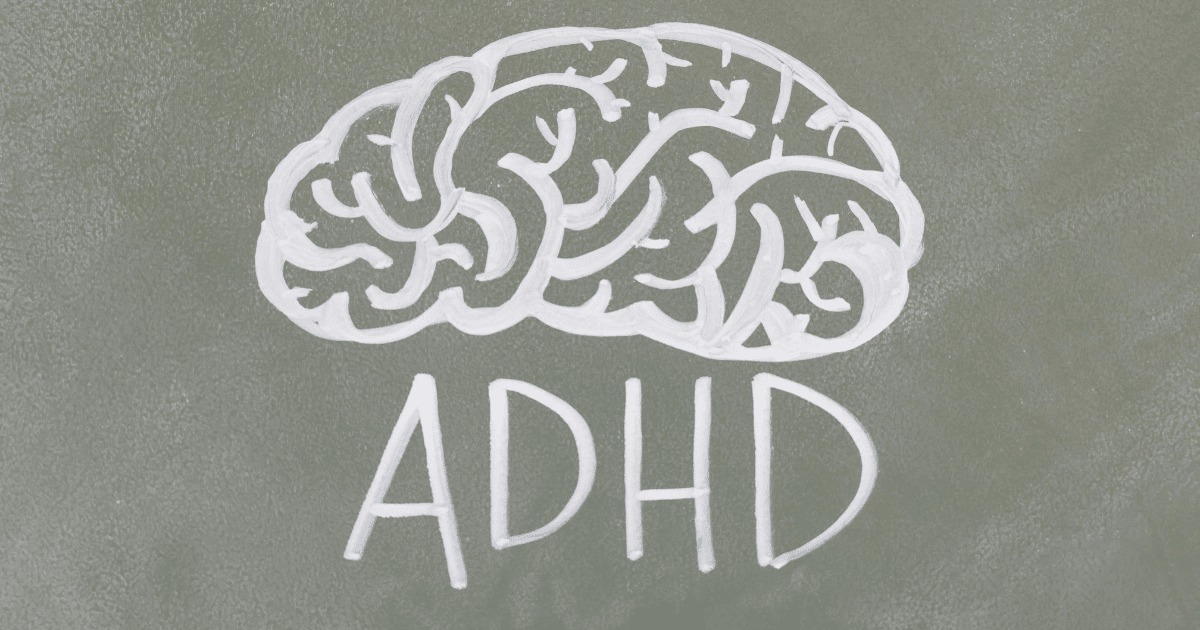
Get Expert Support at San Jose Mental Health
If you’re wondering how to help someone with ADHD in a way that’s both compassionate and effective, professional guidance can make all the difference. At San Jose Mental Health, we provide tailored ADHD support services, including diagnosis, treatment planning, and practical strategies for everyday life.
Contact San Jose Mental Health today to learn how we can help you or your loved one build skills, increase confidence, and thrive with ADHD.
San Jose Mental Health
FAQs
- What are some effective ADHD strategies for creating a supportive environment at home or work?
Keeping spaces organized, using visual reminders, and setting consistent routines can greatly reduce distractions and help with focus. Breaking tasks into smaller steps also makes them more manageable.
- How can effective communication strategies be implemented to provide better ADHD support?
Using clear, concise language, maintaining eye contact, and providing written follow-ups helps ensure important information is understood and remembered.
- What are some practical ADHD coping mechanisms and strategies that can be used daily?
Timers, chunking tasks, mindfulness exercises, and regular physical activity can improve time management, focus, and emotional regulation.
- Where can I find reliable ADHD resources for managing ADHD challenges effectively?
Trusted organizations like CHADD, ADHD support groups, and productivity tools like Trello or Notion are excellent places to start.
- What are the latest treatment options for ADHD that can be considered for comprehensive ADHD assistance?
Current treatments include stimulant and non-stimulant medications, behavioral therapy, and lifestyle adjustments tailored to each person’s needs.
